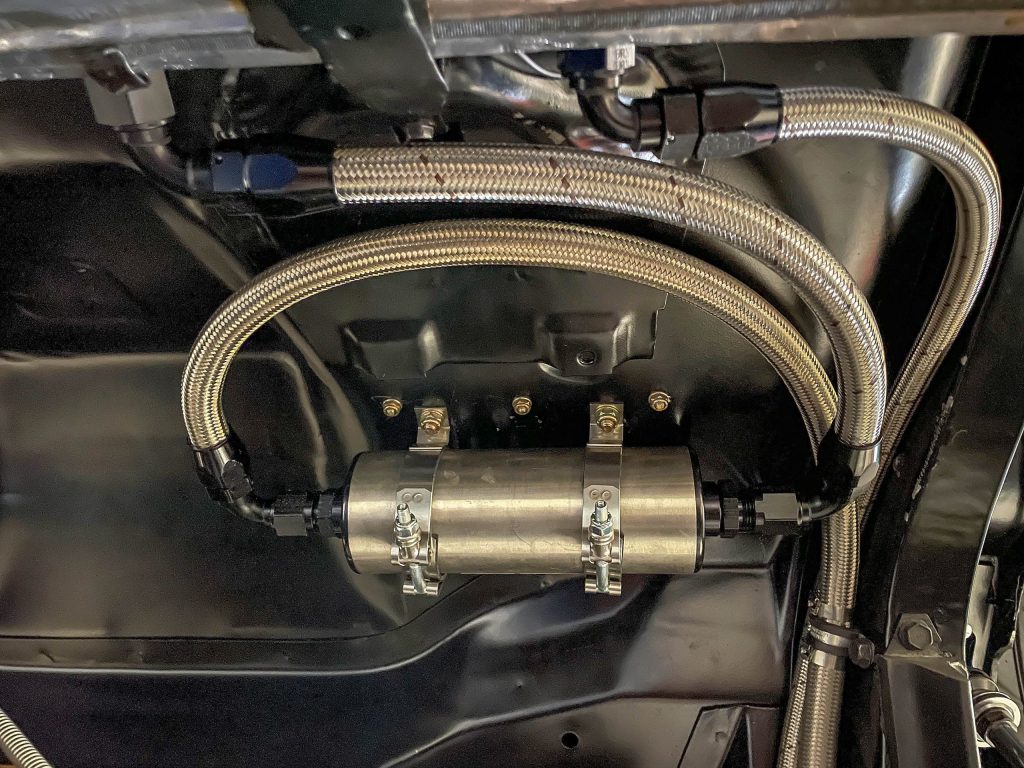
When it comes to fuel delivery systems, the debate between mechanical and electric fuel pumps has been ongoing. Both options have their advantages and disadvantages, making it crucial for vehicle owners and enthusiasts to understand the differences. In this blog post, we will delve into the intricacies of mechanical and electric fuel pumps, exploring their functionalities, benefits, and drawbacks. By the end, you will have a comprehensive understanding of which option may be better suited for your specific needs.
- Understanding Mechanical Fuel Pumps:
Mechanical fuel pumps have been a staple in the automotive industry for decades. These pumps are typically driven by the engine's camshaft or a dedicated eccentric shaft. They rely on mechanical motion to draw fuel from the tank and deliver it to the engine. Here are some key points to consider:
- Reliability: Mechanical fuel pumps are known for their robustness and reliability. They have fewer components, reducing the risk of electrical failures.
- Simplicity: The mechanical design of these pumps makes them relatively simple to understand and maintain. They are less prone to electronic malfunctions.
- Compatibility: Mechanical fuel pumps are compatible with a wide range of vehicles, including older models that may not have electrical systems.
- Exploring Electric Fuel Pumps:
Electric fuel pumps, on the other hand, have gained popularity in recent years due to advancements in automotive technology. These pumps are powered by electricity and are typically located inside the fuel tank. Let's examine their key characteristics:
- Efficiency: Electric fuel pumps provide a consistent and precise fuel flow, ensuring optimal engine performance. They can maintain a constant pressure, even at high engine speeds.
- Versatility: Electric fuel pumps can be installed in various locations within the fuel system, offering flexibility in design and placement.
- Enhanced Safety: Electric fuel pumps often incorporate safety features such as pressure relief valves and fuel cutoff switches, reducing the risk of accidents in case of emergencies.
- Comparing the Pros and Cons:
To make an informed decision, it's essential to weigh the pros and cons of both mechanical and electric fuel pumps. Here's a breakdown:
- Mechanical Fuel Pumps:
- Pros: Reliability, simplicity, compatibility with older vehicles.
- Cons: Limited fuel pressure control, potential for fuel vapor lock in high-temperature conditions.
- Electric Fuel Pumps:
- Pros: Efficiency, versatility, enhanced safety features.
- Cons: Higher cost, potential for electrical failures, reliance on electrical system functionality.
- Conclusion:
In conclusion, the choice between mechanical and electric fuel pumps depends on various factors, including the vehicle's age, intended use, and personal preferences. Mechanical fuel pumps offer reliability and simplicity, making them suitable for older vehicles and enthusiasts who prefer a traditional approach. On the other hand, electric fuel pumps provide efficiency, versatility, and enhanced safety features, making them ideal for modern vehicles and those seeking optimal performance.

